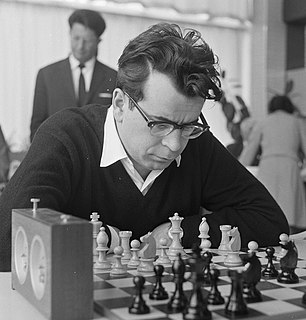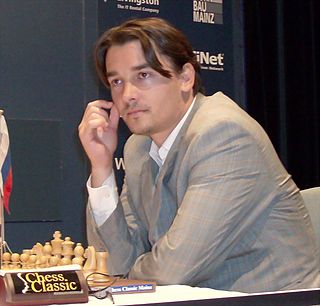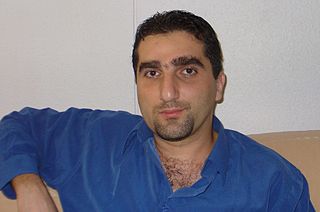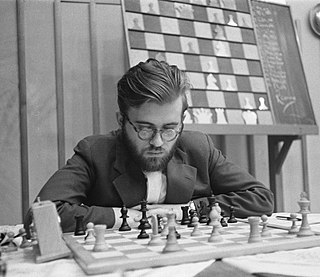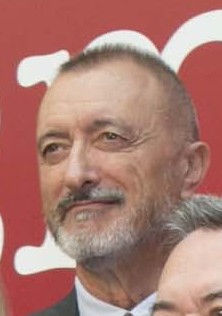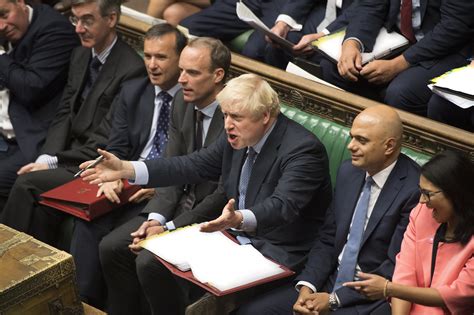A Quote by Pal Benko
In the Soviets' view, chess was not merely an art or a science or even a sport; it was what it had been invented to simulate: war.
Related Quotes
It should tell you something that Pakistan's Inter-Services Intelligence (ISI) agency invented the Taliban in the early 1990s only because Hekmatyar, its primary U.S.-bankrolled proxy in the war for control of Afghanistan, had proved too bloodthirsty after the Soviets withdrew, even by the low standards of the ISI's ghastly generals in Rawalpindi.
